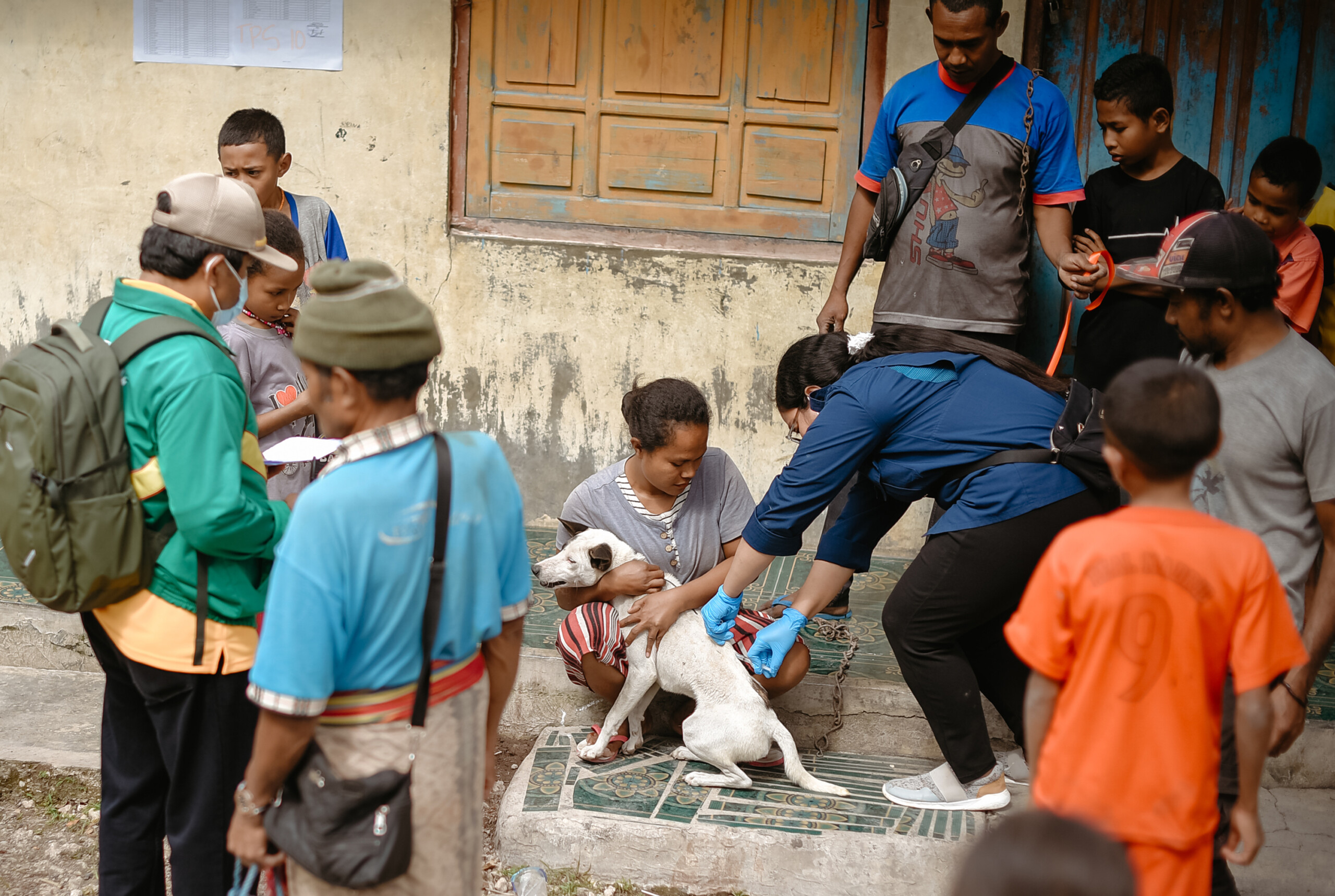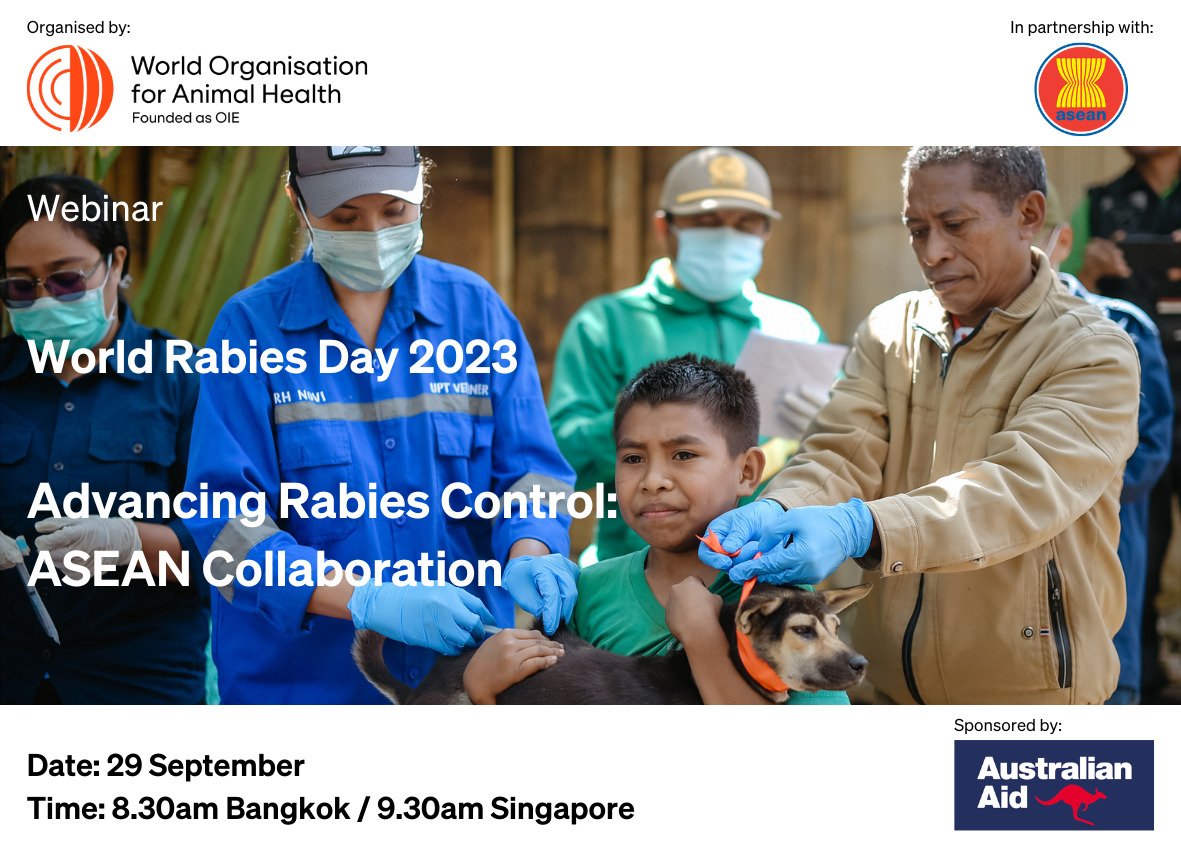In 2014, the launching of the ASEAN Rabies Elimination Strategy marked a significant step towards addressing the challenge of rabies within the ASEAN region, with aspirational goal of attaining freedom from human and canine rabies in all ASEAN Member States (AMS) by 2020. Unfortunately, the goal of eliminating rabies was not achieved due to significant challenges as well as new initiatives at regional and global level to strengthen the case for rabies elimination. Over the course of the past year, focused efforts were dedicated to revising and enhancing this pivotal strategy, to review the regional rabies elimination target, align with the Zero by 30 global strategic plan, and reflect recent innovations and research that hold promise for accelerating progress towards rabies elimination.
Subsequently, in May 2023, a Meeting was organized with the specific aim of finalizing the revised ARES. This meeting brought together representatives from the ASEAN member states (AMS), the ASEAN Secretariat (ASEC), WOAH and other international organizations. The culmination of these efforts resulted in the endorsement of the updated ASEAN Rabies Elimination Strategy at the 31st ASEAN Sectoral Working Group on Livestock (ASWGL) meeting, which took place in early July 2023.
On the occasion of World Rabies Day, we are organizing an informative and engaging webinar to not only showcase the region’s noteworthy accomplishments but also to provide a comprehensive update on the refined ASEAN Rabies Elimination Strategy (ARES).


